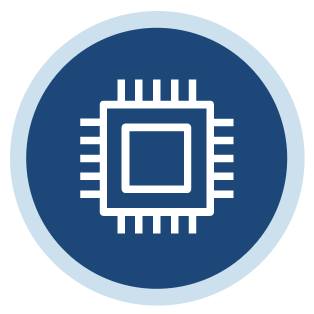A small molecule drug for the treatment of systemic candidiasis
Project Abstract:
Systemic candidiasis caused by fungal Candida species is becoming an increasingly serious medical problem for which current treatment is inadequate Recent work has established the Sts phosphatases as key negative regulators of the host antifungal immune response Significantly genetic inactivation of Sts1 dramatically enhances survival of mice infected with Candida Importantly the Sts phenotype is associated with reduced fungal burdens sharply diminished levels of many inflammatory molecules beginning at 24 hours post infection a reduction in organ leukocyte infiltrates and an absence of inflammatory lesions To significantly improve patient outcomes we plan to develop small molecule inhibitors of Sts1 as immunostimulatory therapeutic agents for the treatment of systemic candidiasis Previously an HTS screen designed to identify small molecule inhibitors of human Sts1 enzyme activity yielded a number of positive leads In the proposed studies we will generate structureactivity relationships and determine mechanisms of action for lead compounds evaluate selected leads for pharmacological efficacy in appropriate cellbased assays and determine functional effects in vivo Successful completion of the proposed studies will enable us to assess the viability of Sts1 as a drug target and will provide a framework from which to optimize specific Sts1 inhibitors as lead compounds for further development















